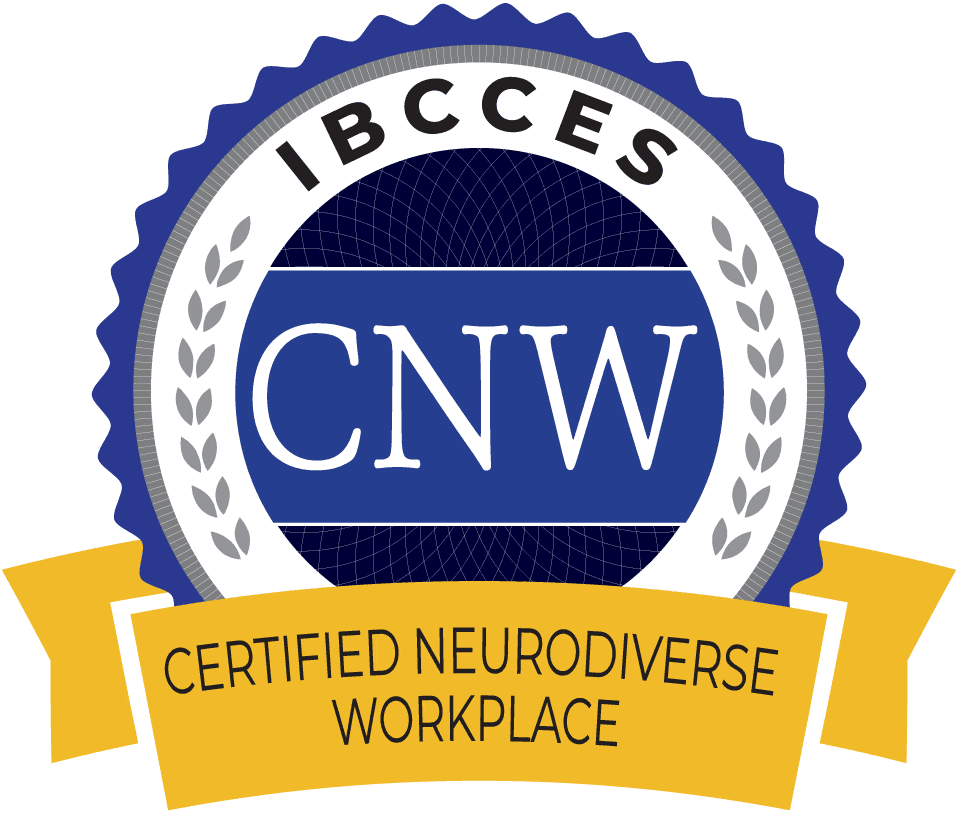
Blog
Author
Sierra Sims
Date
Jul 29, 2024
Human Resources (HR) plays an indispensable and multifaceted role in both nonprofit and for-profit organizations. Regardless of the differences in their core missions and operational goals, these organizations frequently encounter similar HR challenges that demand strategic and efficient solutions. Both sectors must navigate complex issues such as compliance with labor laws, diversity and inclusion initiatives, and the ever-evolving landscape of employee benefits and workplace culture.
While their missions may differ—nonprofits focus on social goals while for-profits aim for financial returns—their HR needs often align. The common thread lies in the need for robust HR strategies that can adapt to the dynamic nature of the workforce, ensuring that both nonprofits and for-profits thrive in their respective fields.
“HR is a critical function that transcends the boundaries of nonprofit and for-profit organizations. By addressing common challenges with tailored strategies, both types of organizations can optimize their human capital and achieve their respective missions more effectively.”
Del Peeples, DP Human Capital Management LLC
Key HR Challenges and Solutions
Recruitment and Retention
Both non and for-profits struggle with attracting and retaining top employees. For nonprofits, the challenge is often compounded by budget constraints, making competitive salaries harder to offer. For-profits, on the other hand, might face high turnover rates in the often-competitive market.One solution to this is to build a strong organizational culture and offer non-monetary benefits such as professional development opportunities that can be effective strategies. Highlighting the impact and purpose of the work, particularly for nonprofits, can also attract mission-driven employees.
Compliance
Ensuring compliance with labor laws and regulations is of paramount importance. As Del Peeples highlighted: “non-compliance can result in penalties. So, understanding and implementing the provisions of these laws is crucial for California employers.”Nonprofit organizations often have limited resources and may lack specialized legal and human resources expertise, which makes navigating these complex requirements more challenging. Smaller for-profit companies frequently encounter similar difficulties due to their constrained capacity to access specialized legal and HR knowledge. Despite the differences in organizational structure and purpose, both smaller nonprofits and for-profits must find ways to effectively manage their legal and HR responsibilities to ensure compliance and protect their operations. Regular training and updates on legal requirements, along with investing in HR management systems can help both types of organizations stay compliant to prevent any mismanagement of HR and legal areas.
Employee Engagement
Engaging employees is crucial for maintaining both productivity and morale, which are vital for an organization’s success and retention rates. Whether in non-profit or for-profit sectors, fostering a positive work environment where employees feel valued and motivated is imperative.To achieve this, organizations should implement regular feedback mechanisms, recognizing and celebrating employee achievements, and creating opportunities for career development. By consistently engaging employees through these strategies, organizations can enhance job satisfaction and loyalty, ultimately contributing to their overall success. We are reminded on the importance of document management, with Del Peeples stating to “keep detailed records of all employment- related decisions. Including hiring promotion, and especially disciplinary actions and terminations.
My vision for HR is to create workplaces where employees feel valued, engaged, and empowered to contribute to their fullest potential. That’s the cornerstone of any successful organization.
Del Peeples, DP Human Capital Management LLC
Performance Management
Effective performance management is crucial for ensuring that employees consistently meet organizational goals. This necessity spans across both public and private sectors, highlighting the importance of clear performance metrics and regular performance reviews.During our webinar HR 101 For Nonprofits And Small Businesses, we delved into a comprehensive solution for enhancing performance management. The key components of this solution include adopting a structured performance management system that integrates goal setting, regular feedback, and thorough performance appraisals. By implementing such a system, organizations can drive significantly better results, fostering a culture of continuous improvement and achievement.Human Resources plays a pivotal role in organizations, bridging the gap between nonprofit and for-profit sectors through its people-centric approach. Regardless of the organizational context, HR’s core function is to maximize the potential of human capital, which is essential for achieving strategic goals. While nonprofit and for-profit entities may pursue different missions, the challenges they face—such as talent acquisition, development, and retention—are fundamentally similar.By implementing tailored strategies to address these challenges, organizations can enhance their operational efficiency and effectiveness. Ultimately, the unifying factor across all sectors is HR’s focus on fostering a motivated and skilled workforce, which is crucial for realizing any organization’s vision and mission.
This article provides insights from a recent webinar hosted by Caravanserai Project and partially funded by California Office of Small Business Advocate, featuring Del Peeples, founder and president of DP Human Capital Management LLC. Del Peeples is a certified professional through the Society for Human Resource Management (SHRM). He leads DP Human Capital Management LLC, a premier HR consulting firm based in Palm Springs, California. With over 20 years of experience in human resources, business administration, and operations, Del has established himself as a seasoned executive dedicated to optimizing human capital for both nonprofit and for-profit organizations.You can connect with Del at del@delpeeples.com.







